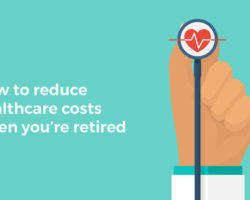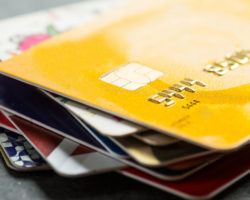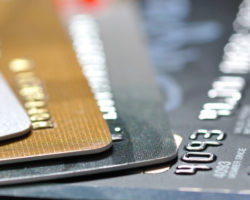Many people believe that there are two kinds of debt out there. Good debt comes in the form of mortgage debt, while credit card debt is often seen as bad debt. It’s because of this belief that people sometimes opt to refinance their home mortgage in order to free up some money and pay off their credit card debt. Unfortunately, this course of action is never a good idea.
If you’re struggling with credit card debt and you’re thinking about using your home equity to get rid of it, don’t! You’ll probably encounter many people who will try to convince you to do it. And they’ll probably tell you that mortgage interest rates are usually less than 6%, while credit card interest rates can go as high as 30%. But here’s what they won’t tell you:
1. Refinancing isn’t free
If you think that refinancing is free, you’re wrong. It will cost you, quite a lot, because you need to pay for an appraisal, home inspection, loan origination fees and closing costs. This exact cost depends on your credit score, mortgage lender and the amount of your mortgage. You could end up spending instead of saving.
2. You’ll end up paying debt for a longer period of time
You usually repay a mortgage loan over a period of 15 to 30 years. If you refinance your credit card debt with your mortgage, you just end up paying your credit card bill for the entire duration of the mortgage. And, because of the extra time, you might pay more over the life of the mortgage loan than if you commit to paying the credit.
3. You trade unsecured debt for secured debt
This is one of the most important reasons why not to refinance in order to pay off your credit card debt. Credit card debt is unsecured debt. This means that there’s no collateral attached to it. If your credit card company wants to get its money back, it has to sue you. Sometimes they don’t even do it. But, if they do, they can’t just take your house and they can’t force you to sell it.
Meanwhile, a mortgage has your house as collateral for the loan. If you don’t pay your bill, your mortgage company will get your house.
4. Your credit score will suffer
By taking a new mortgage loan to pay off your debt, you shorten the average age of your accounts. Not only that, but it can also cause a new inquiry to be made on your credit report. Together, these two factors can cause significant damage to your credit score.
5. It will be harder for you to sell your home
If you want to sell your home, you also have to pay your mortgage in full. That’s why it’s never a good idea to refinance your home if you plan to sell it in the near future. Doing this can also end up costing you more.
The bottom line
It doesn’t really matter what you do to pay off your credit cards if you don’t change your spending habits. This is the first of many steps that require discipline and patience most of all. The fast and easy way may offer you a solution for the moment, but it won’t help you on the long run. Even if refinancing helps you to pay off your credit card debt, if you don’t change your spending habits, you’ll just end up in debt once more in a few weeks, months or years.










